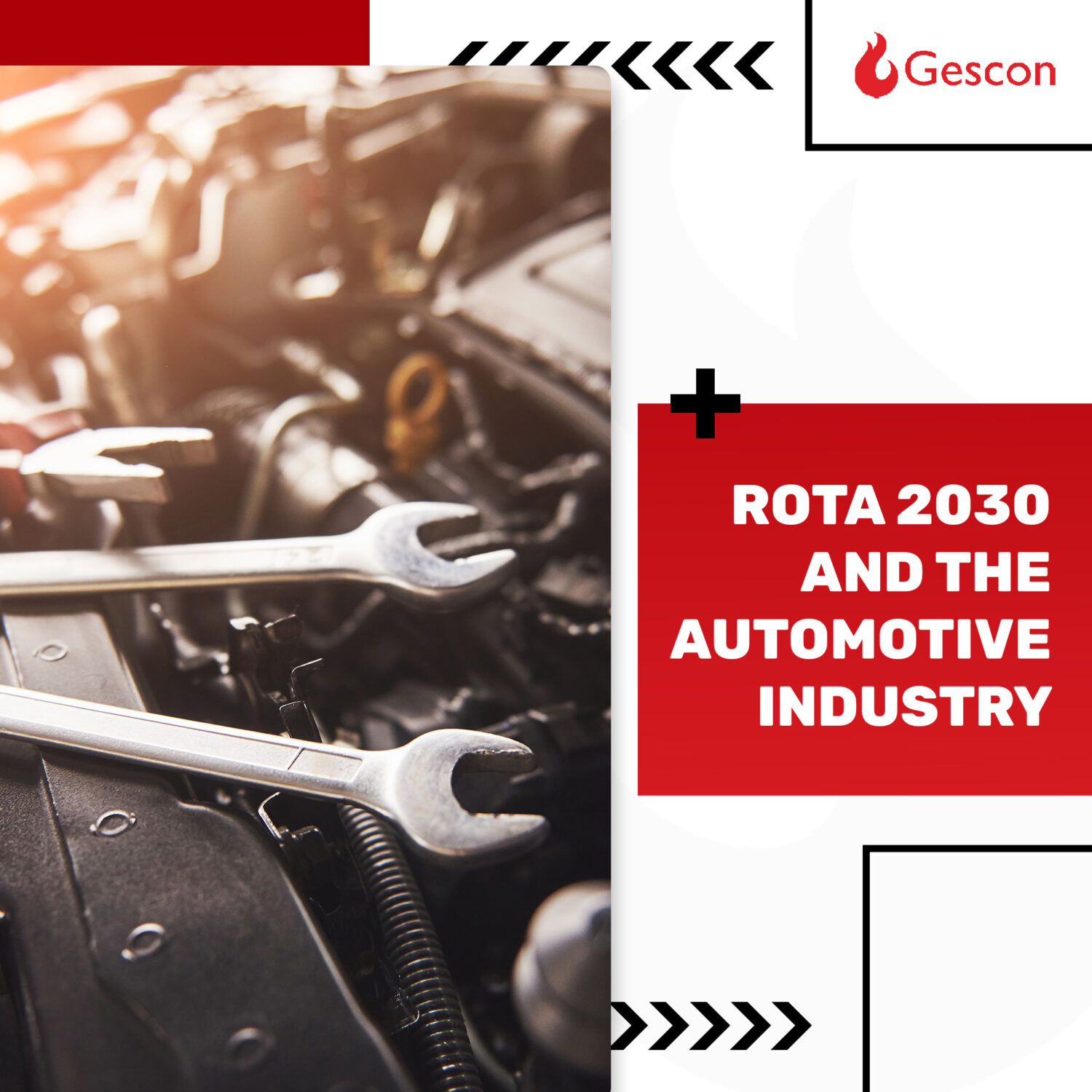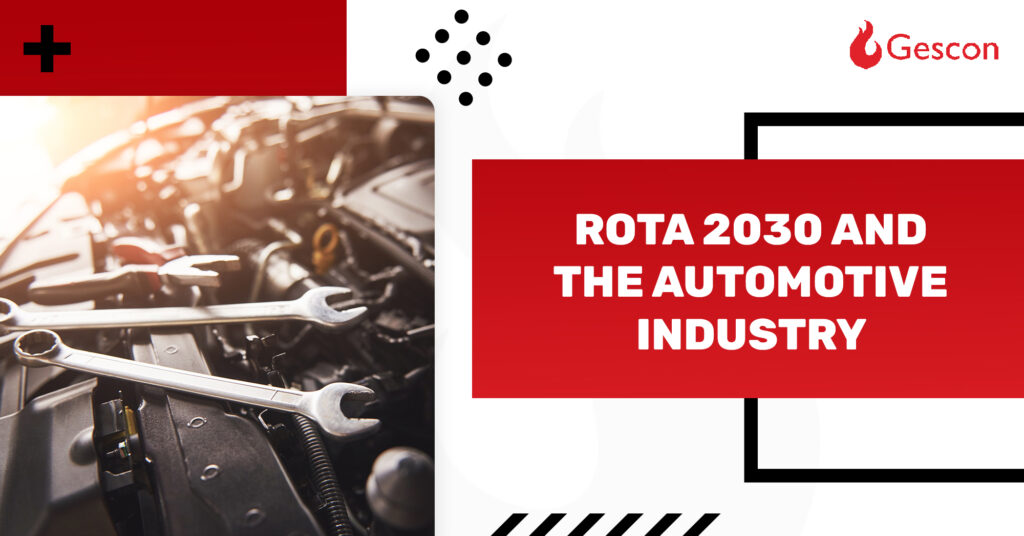Address
304 North Cardinal St.
Dorchester Center, MA 02124
Work Hours
Monday to Friday: 7AM - 7PM
Weekend: 10AM - 5PM
Address
304 North Cardinal St.
Dorchester Center, MA 02124
Work Hours
Monday to Friday: 7AM - 7PM
Weekend: 10AM - 5PM



The Brazilian automobile market faces several difficulties. Among them, we highlight the low competitiveness in relation to other markets located in North America, Asia and Europe; technological lag; the risk of losing market to other countries; idle capacity in industry, among others. To avoid or alleviate these problems, the government created the Rota 2030 program.
Established through Federal Decree 9.557/2018, Rota 2030 is a federal government program that defines rules for the manufacture of cars produced and sold in Brazil over the next 15 years. It consists of a set of rules and guidelines that manufacturers installed in the country must comply with. Its main goal is to encourage the national automotive sector, through tax benefits conceded to companies that invest in research and development in the field.
It is important to point out that not only vehicle manufacturers can enjoy these benefits, but also auto parts companies, which was not possible under the old Inovar Auto regime.
practical effects
In summary, the Federal Government introduced some specific tax benefits to the automotive sector, given the importance and relevance of this segment in the Brazilian economy. Aiming to foster innovation and production of new technologies, energy efficiency, automation of the manufacturing process, the environment and investments in research and development (“R&D”) and the quality of vehicles and auto parts.
It is important to note that the Rota 2030 program focuses on achieving some important objectives for the sector, namely:
The plan involves and determines aspects such as safety, economy, values of cars manufactured in the country. Among these aspects, we highlight: mandatory safety items in the coming years; new technologies to be developed on a mandatory basis and new energy efficiency targets.
A favorable scenario for technological innovation
A relevant aspect of the program is the incentive to innovation. The combination of Rota 2030 with the Lei do Bem, and with the reduction of the IPI and exemption from the Import Tax for electric vehicles, for example, creates a favorable scenario for fleet owners to opt for electric propulsion in their vehicles. Some Brazilian states, such as São Paulo, Rio de Janeiro, Minas Gerais, Paraná and Rio Grande do Sul, also offer a reduction or exemption from fees and taxes for electric cars.
Secure opportunities in Brazil with Gescon
Deep knowledge of Brazilian legislation and business environment. That’s what you find in the partnership with Gescon. We are a company focused on accounting, tax and corporate consulting, specialists in helping foreign companies invest in Brazil with assertiveness, taking advantage of tax benefits and ensuring full compliance for their operations.
Access our website, and receive a contact from one of our executives.